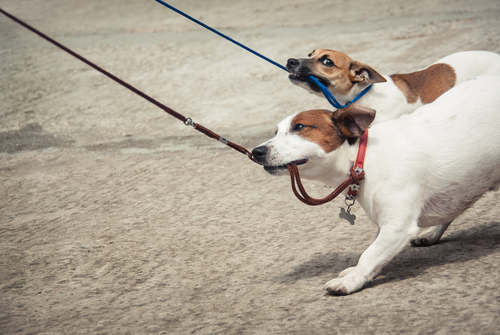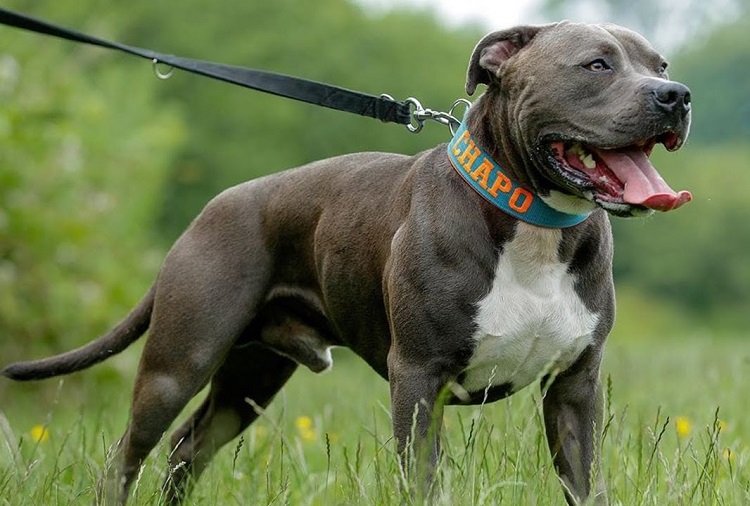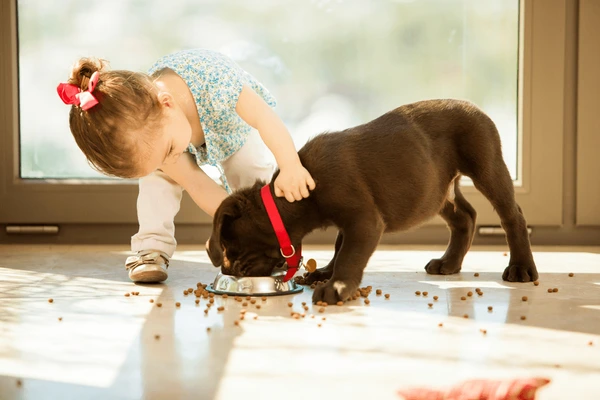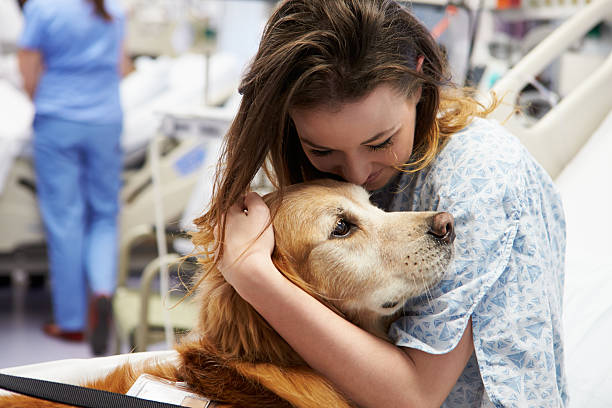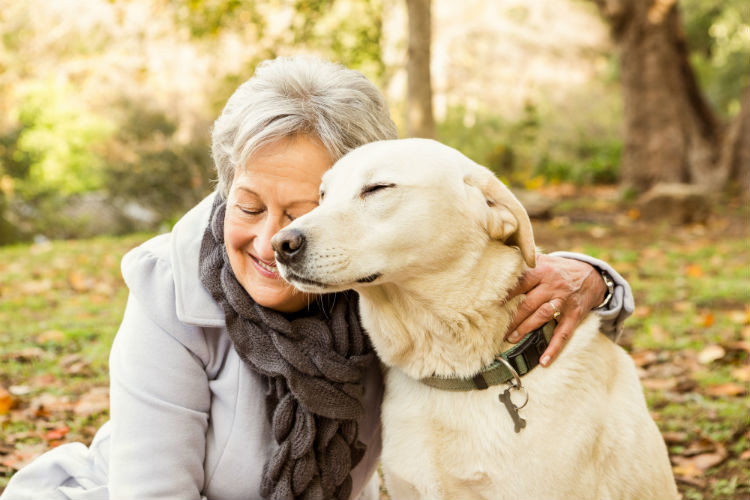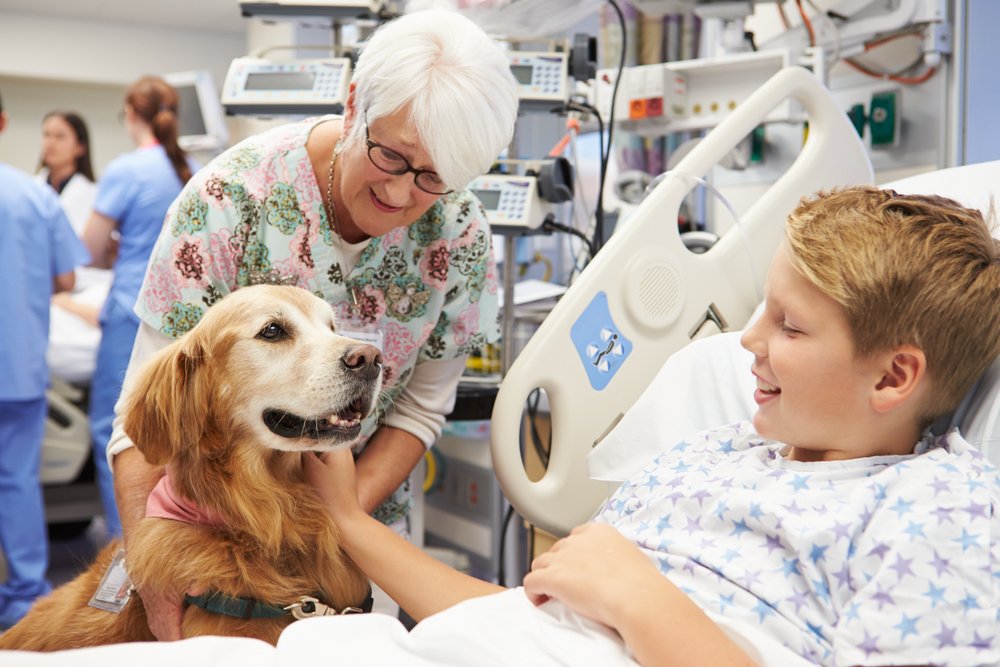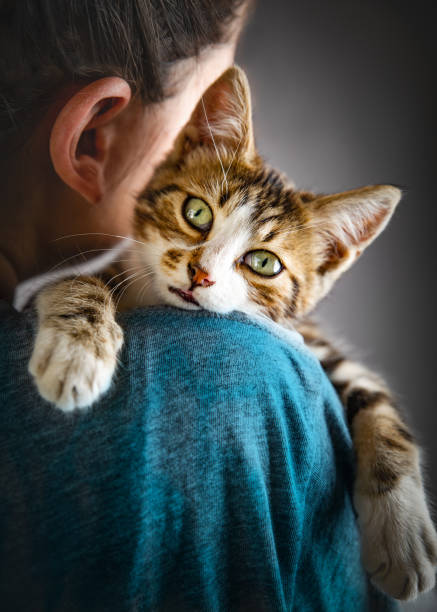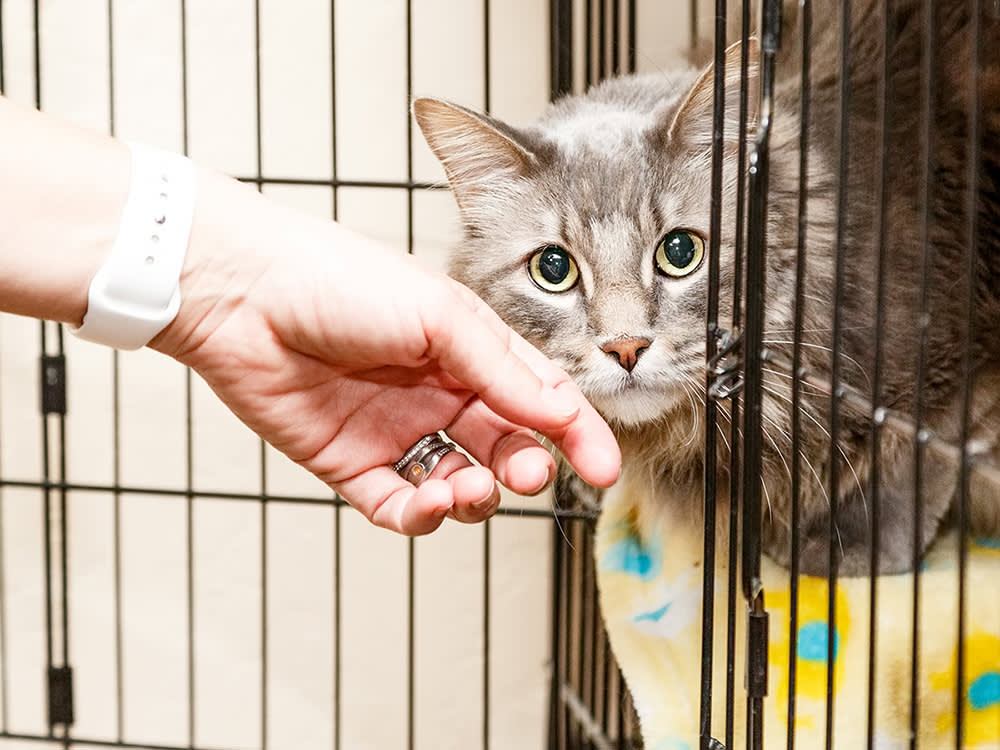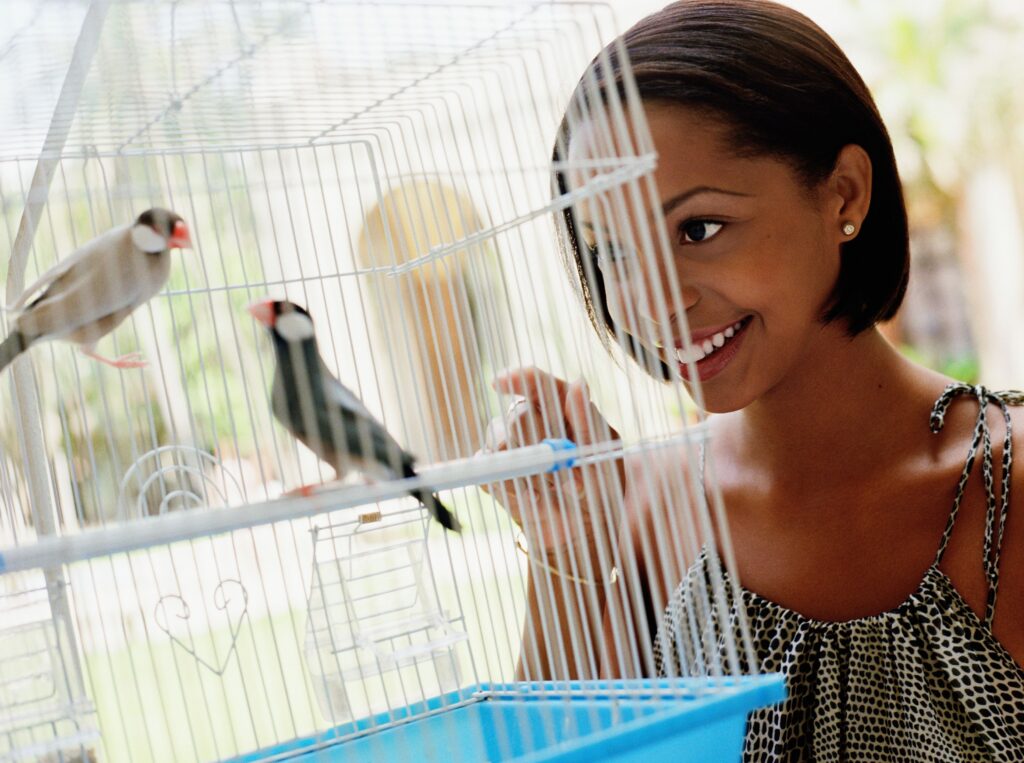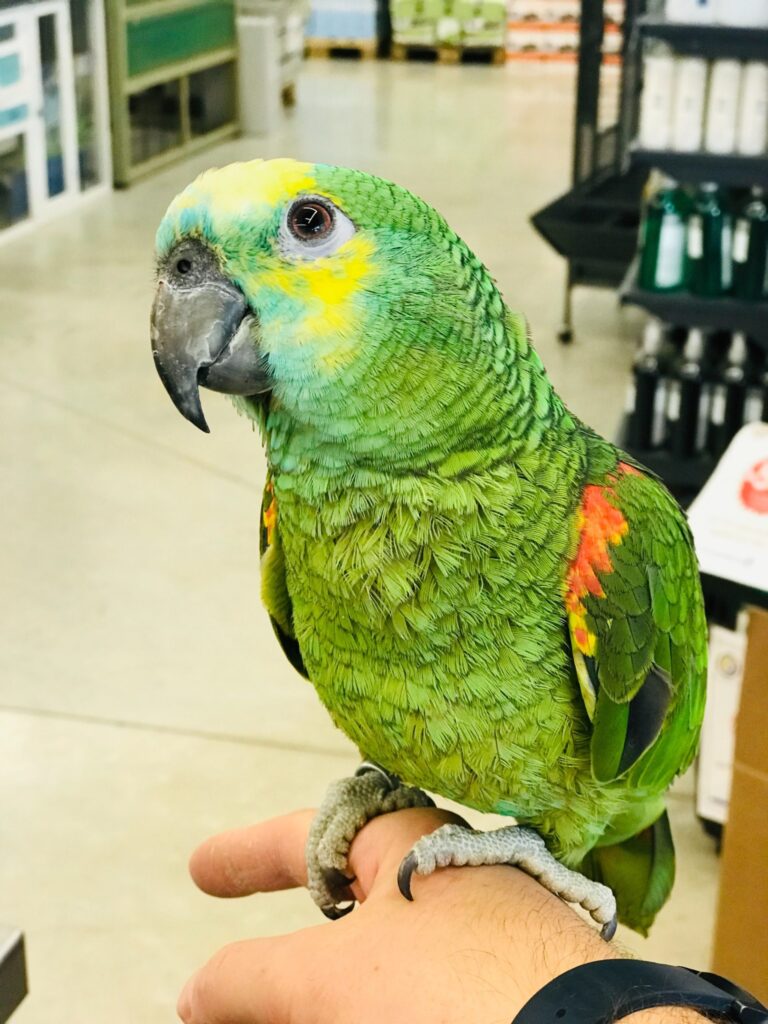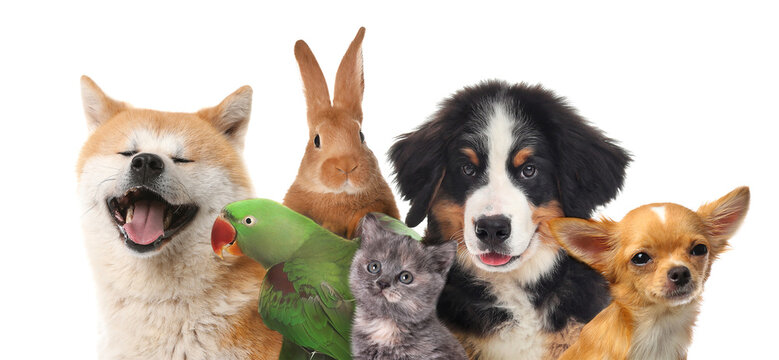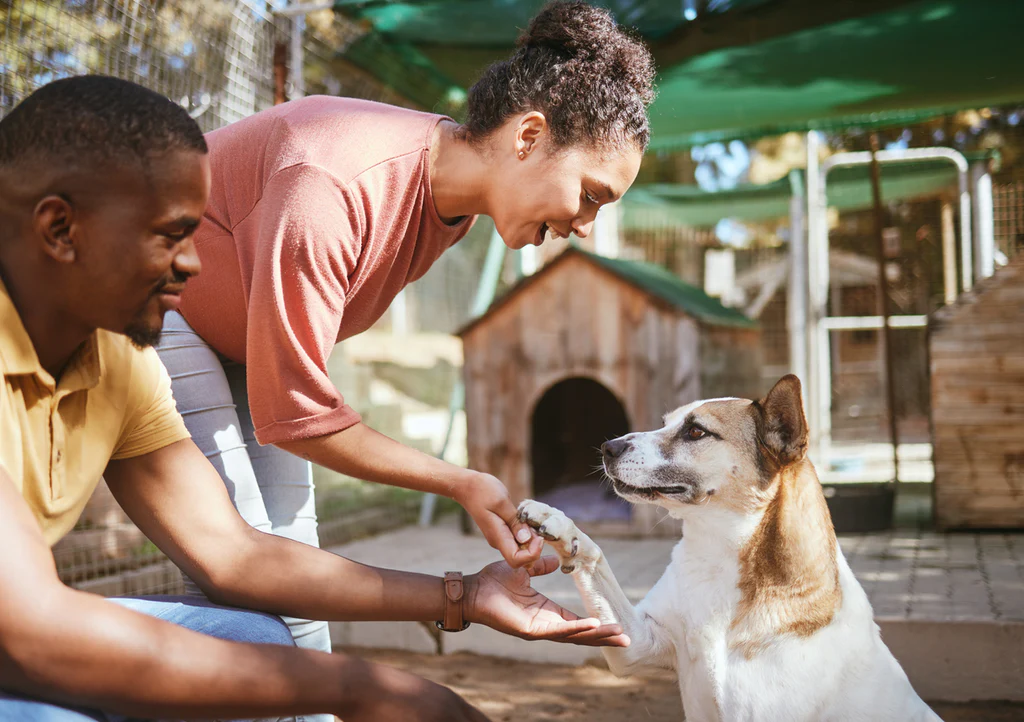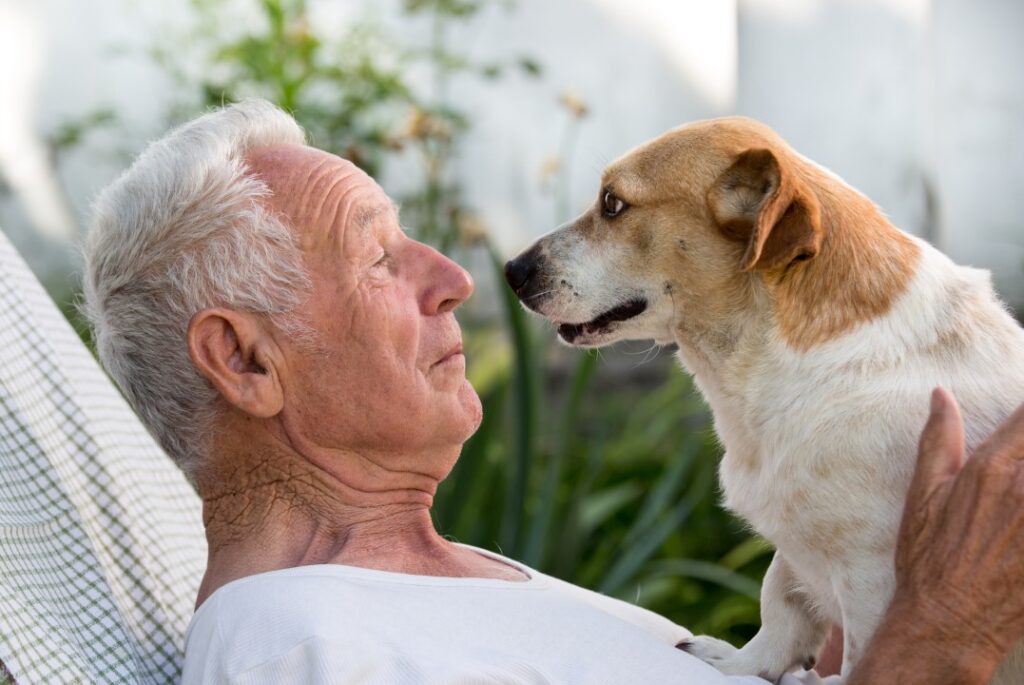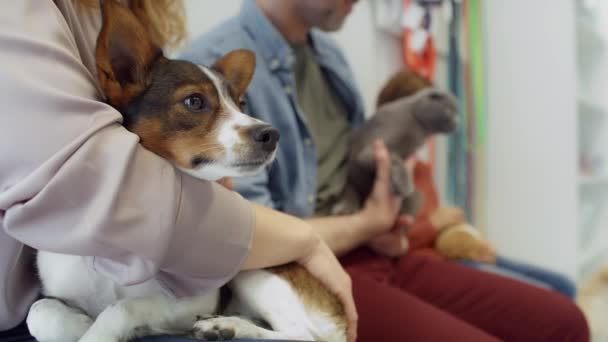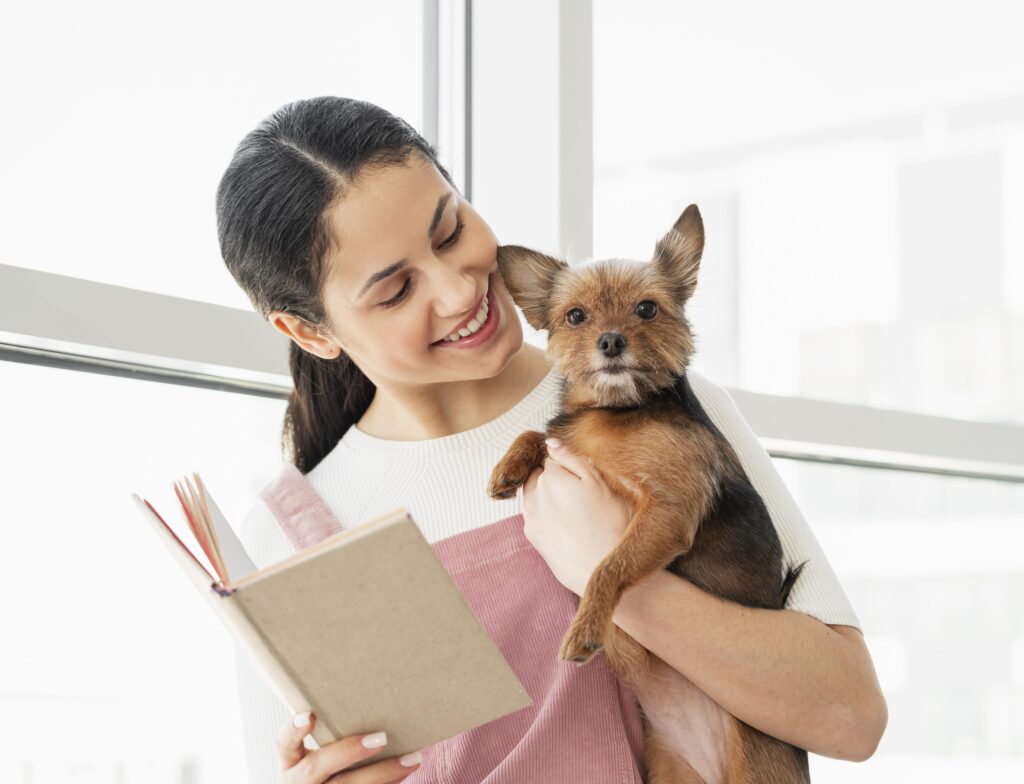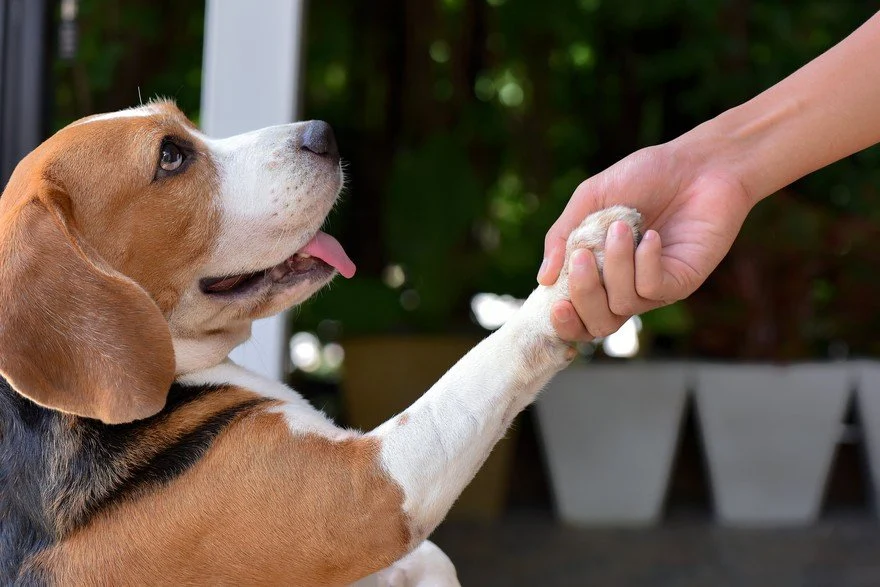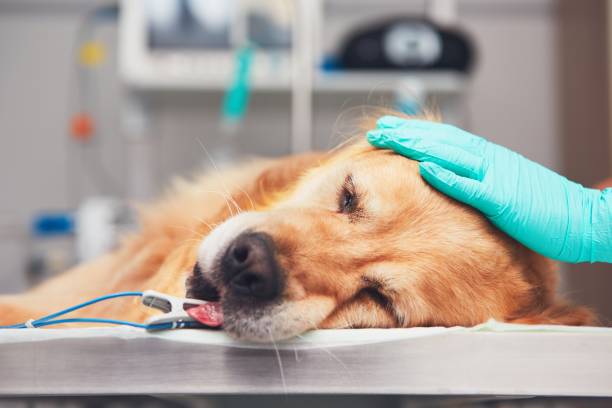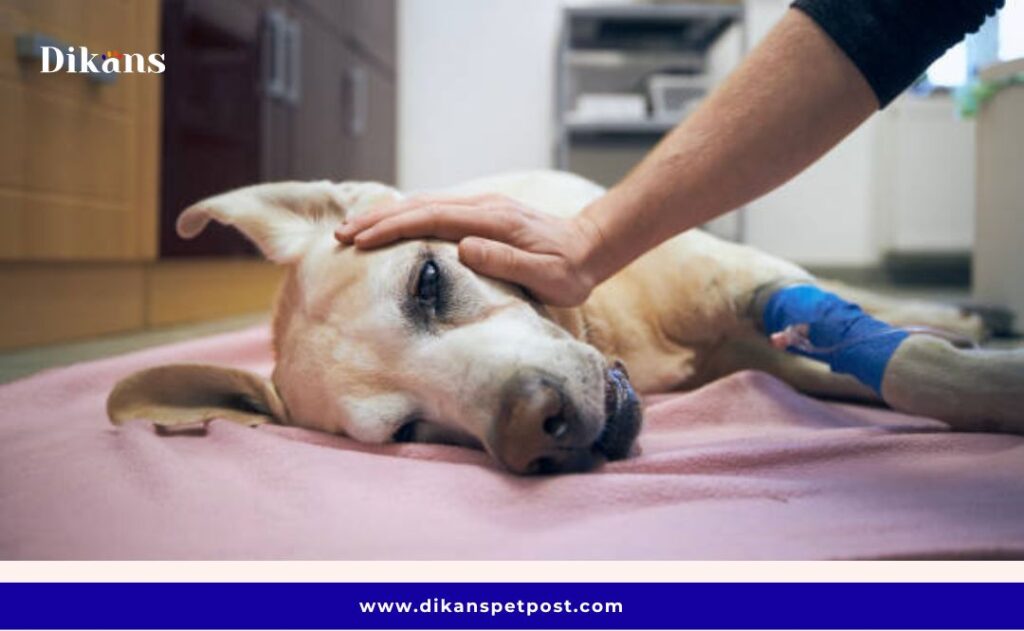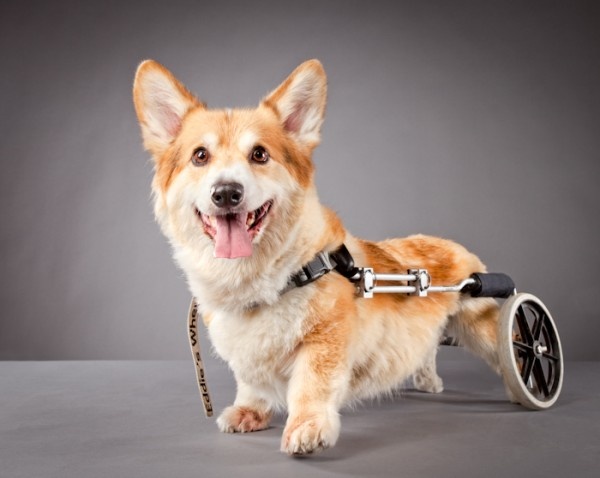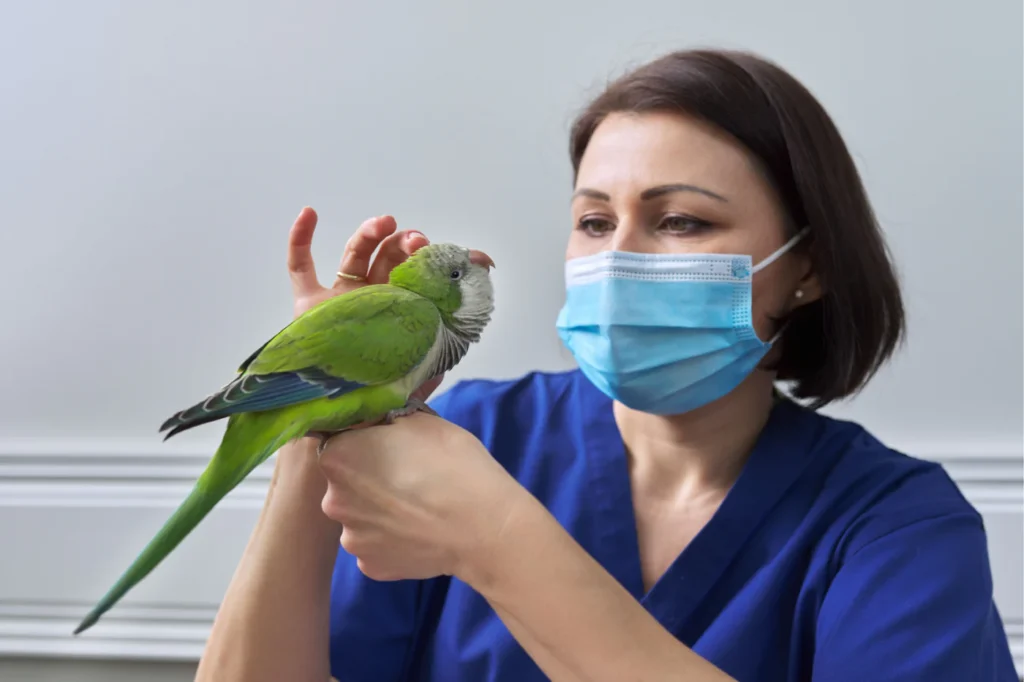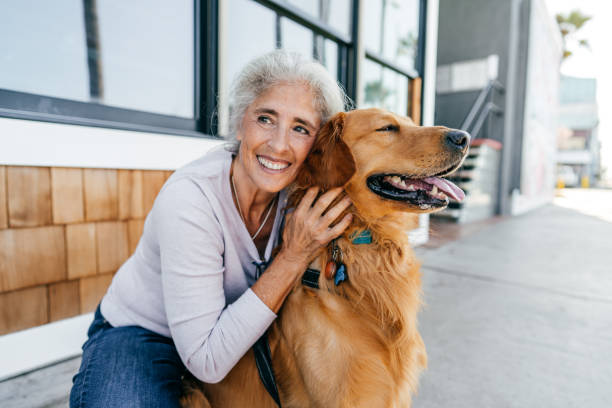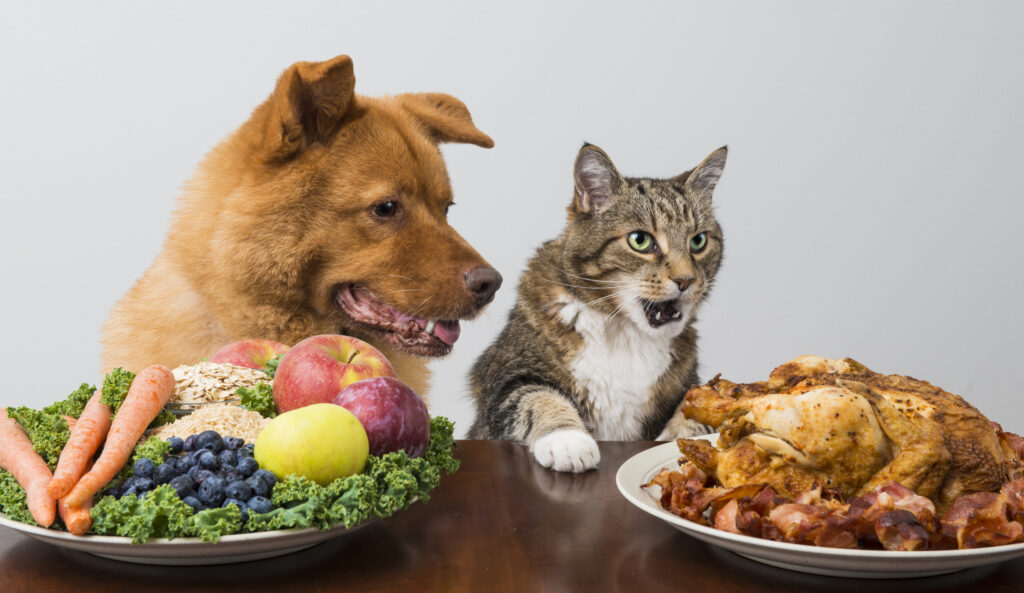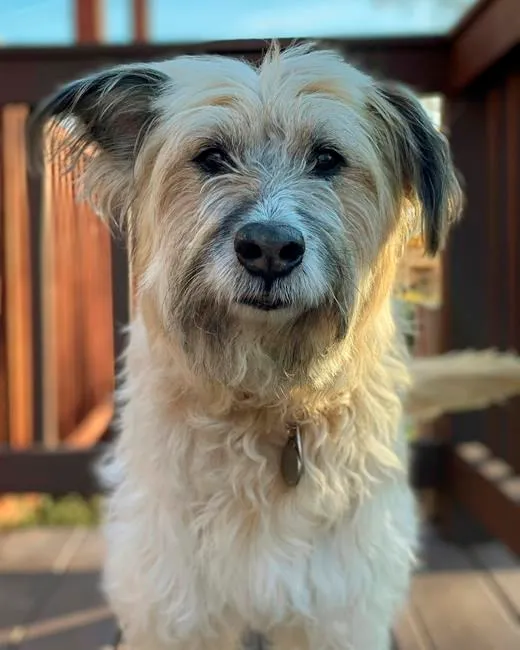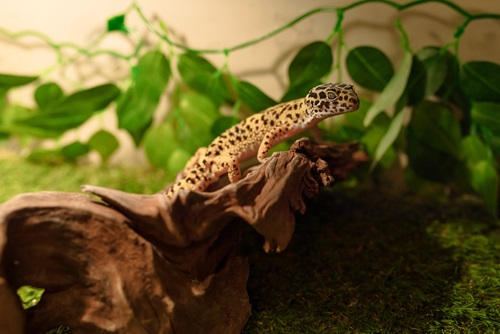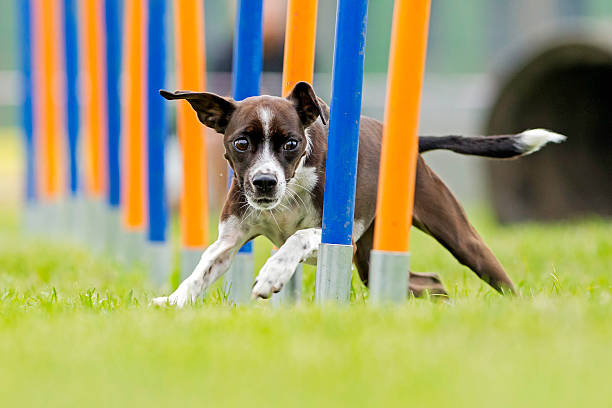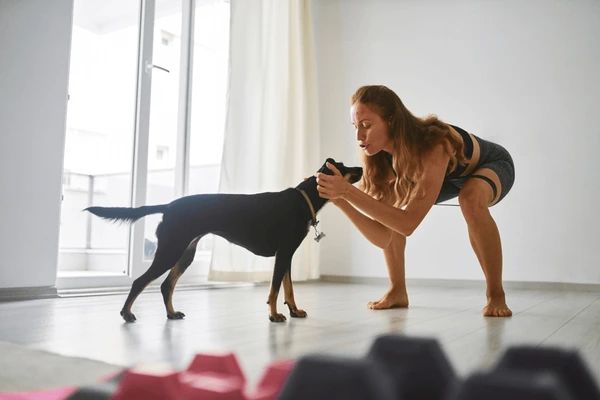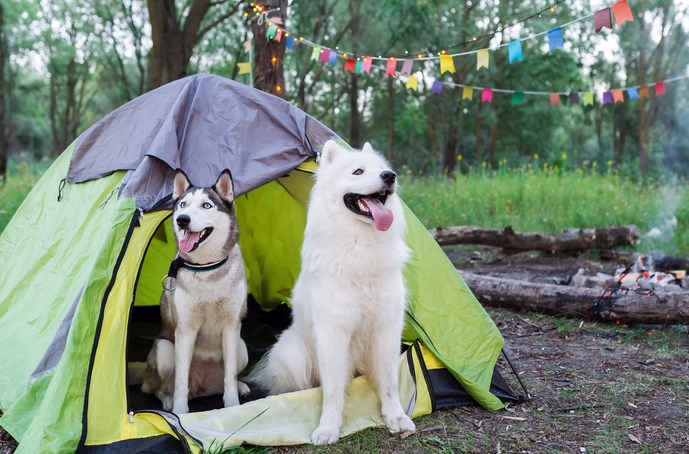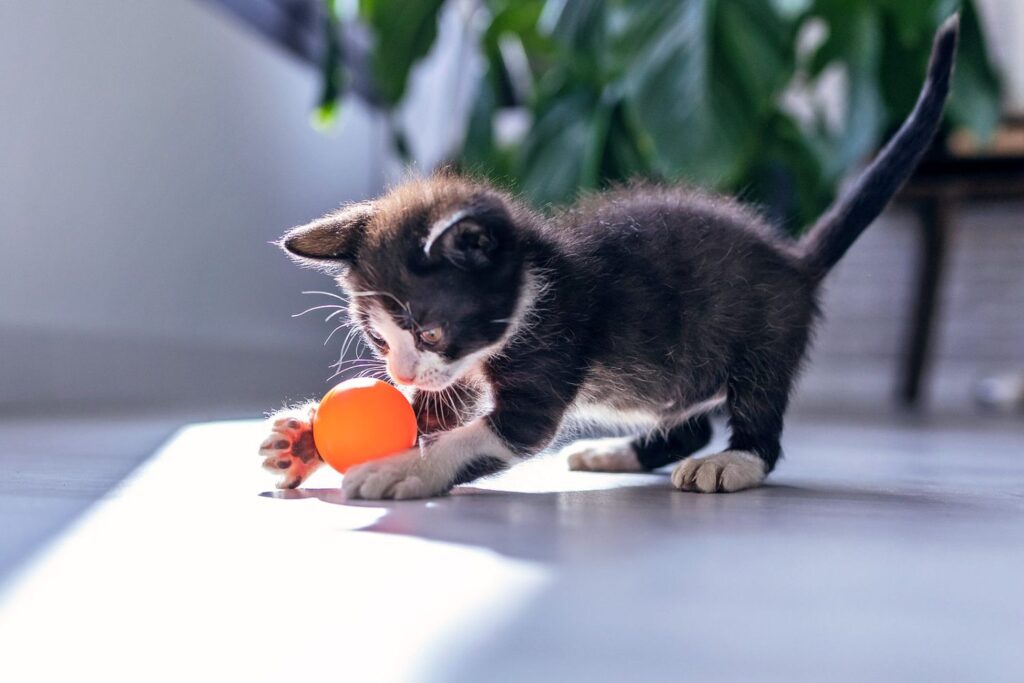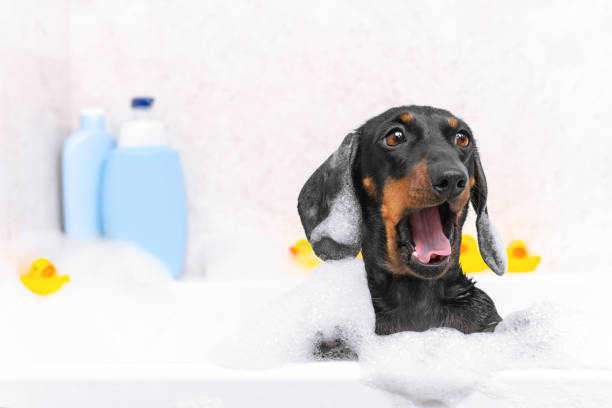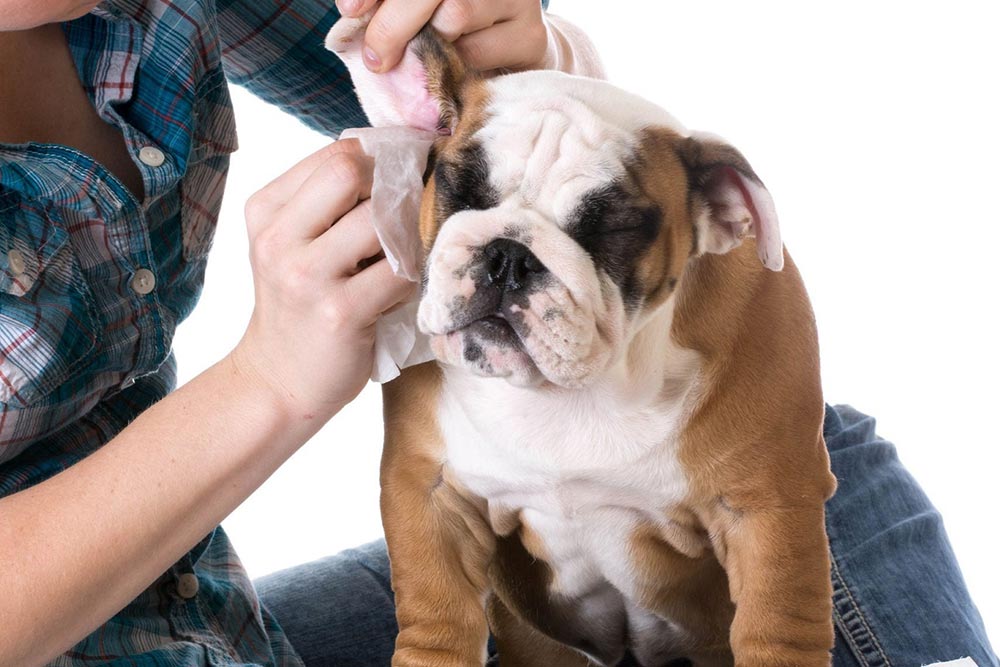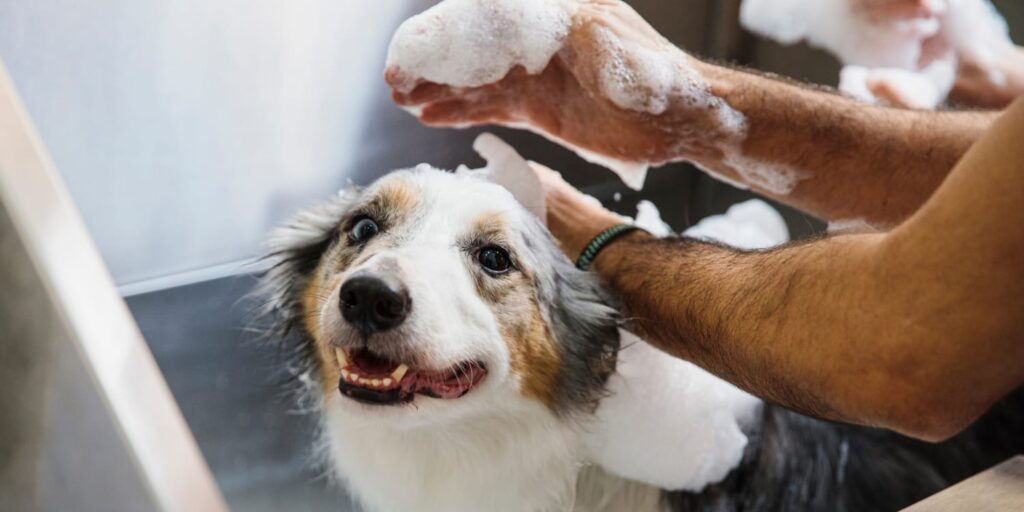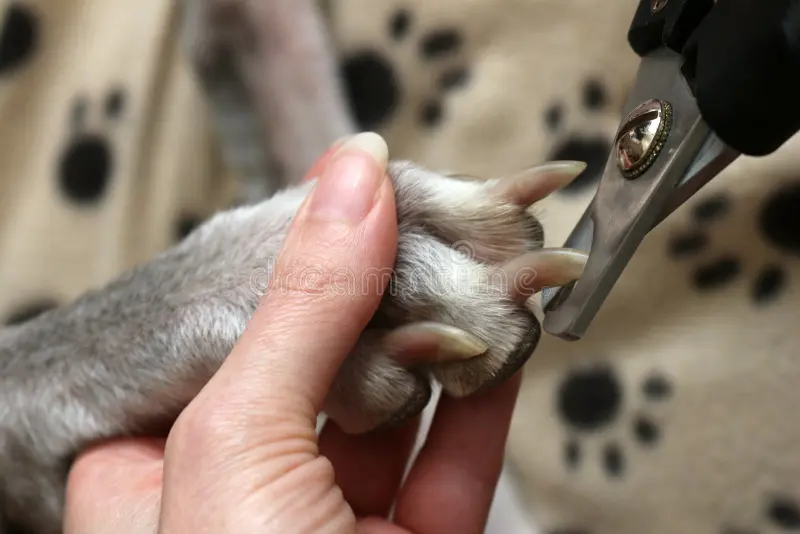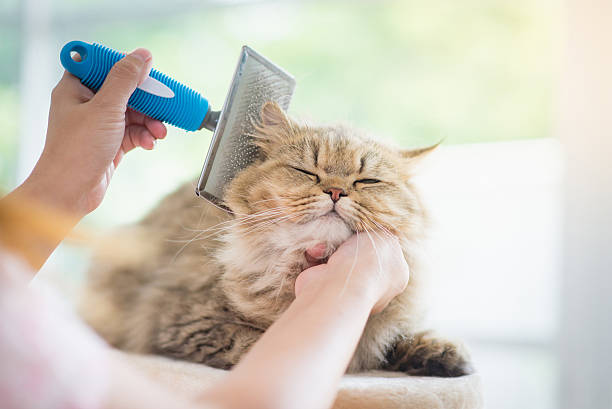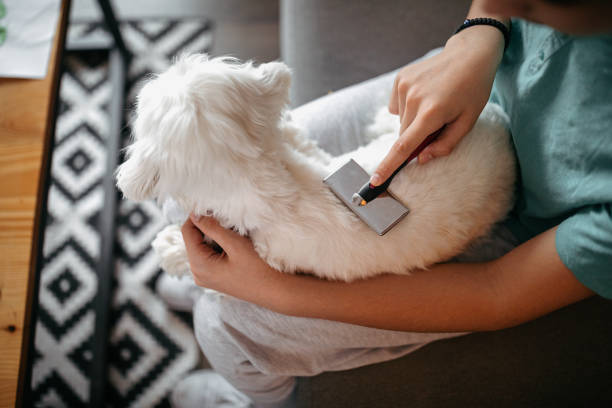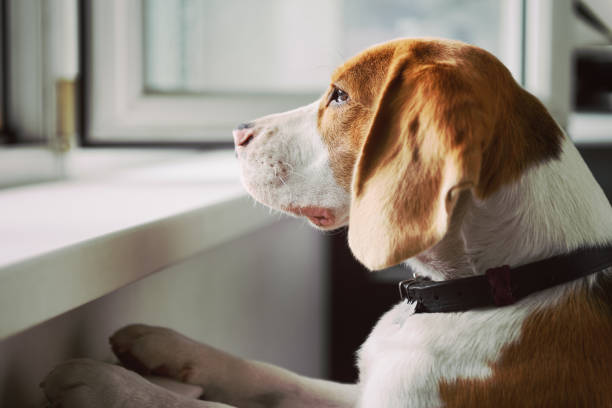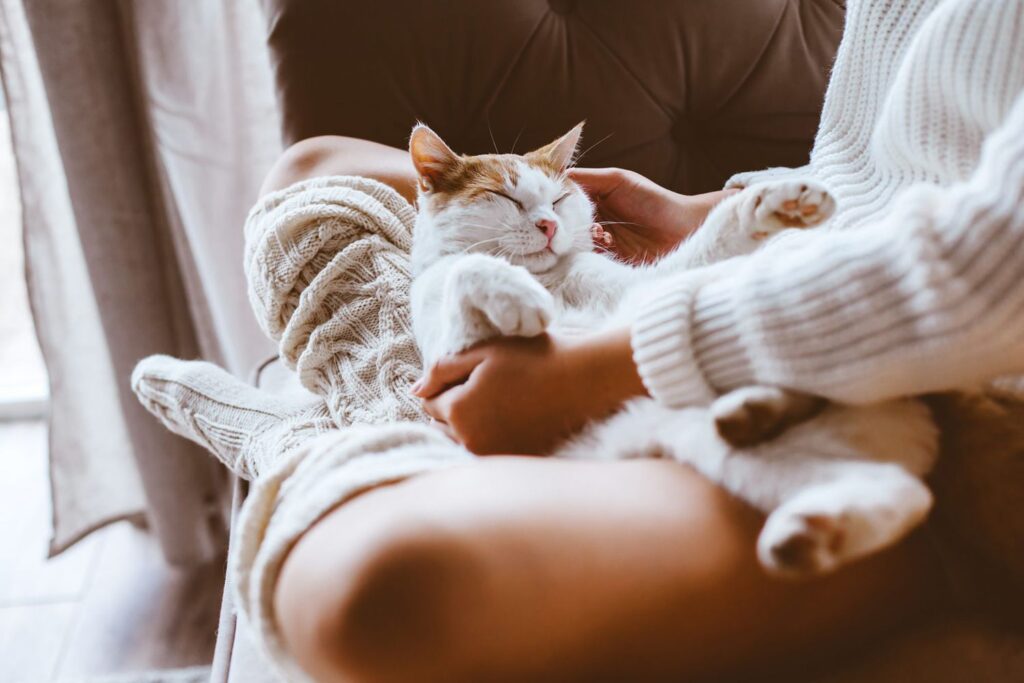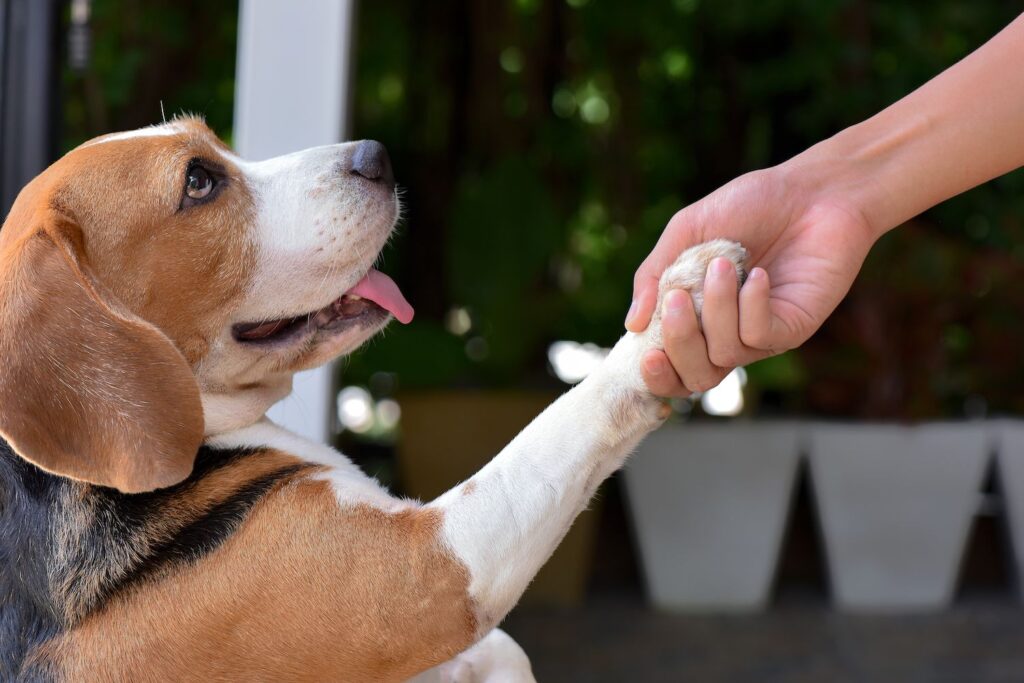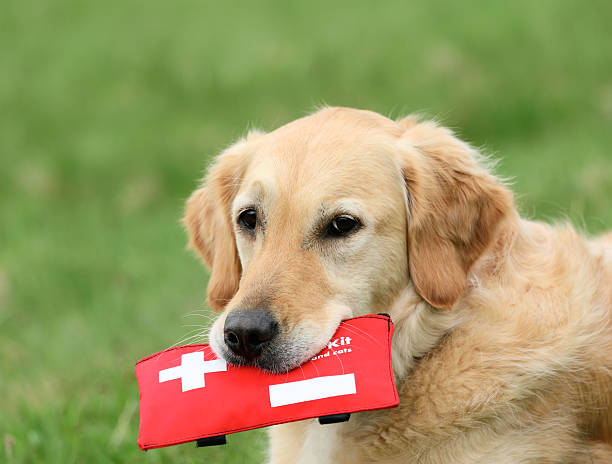6 helpful Tips for Senior Pet Adoption Process
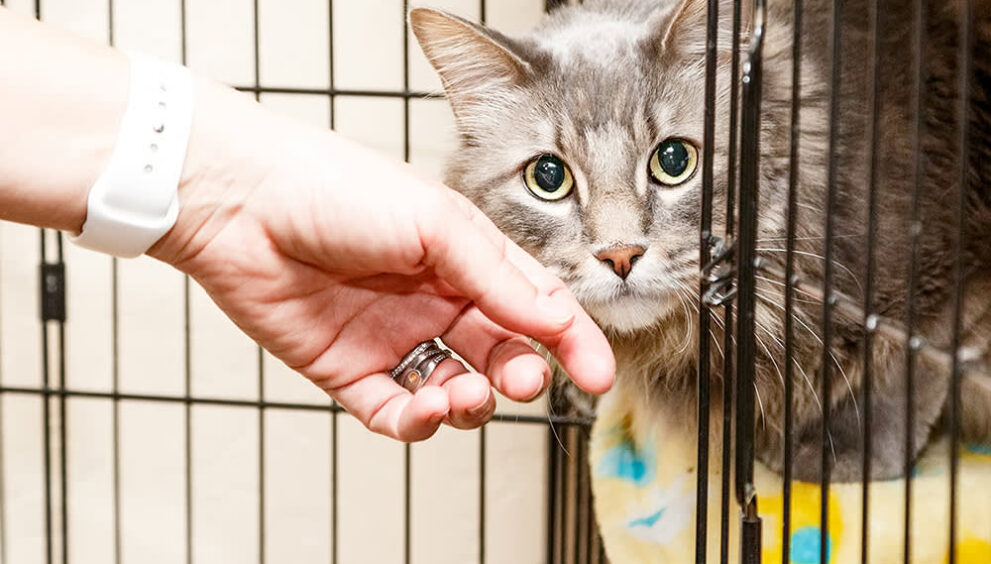
Senior Pet Adoption process can be an incredibly rewarding experience, but it also comes with a set of unique challenges. Understanding and addressing these challenges is essential to ensuring a smooth transition for both you and your new furry companion.
In this article, you will learn the Senior Pet Adoption Process, the benefits of senior pet adoption, the unique challenges it may present, and how to prepare for and care for an older animal.
Senior Pet Adoption Process: The Benefits
Loving Companionship
Senior pets often have a calm and gentle demeanor, making them wonderful companions for individuals or families seeking a loyal and affectionate furry friend. They’ve typically outgrown the hyperactive behavior of youth, and their loving nature shines through, offering comfort and companionship to their adoptive families.
Already Trained
Many senior pets come with years of life experience and may already be trained in basic commands, housebroken, and accustomed to living in a home environment.
This can make the transition to their new home smoother and less stressful for both the pet and the adopter, as they’re less likely to engage in destructive behaviors commonly associated with younger animals.
Settled Temperament
Unlike puppies or kittens, whose personalities are still developing, senior pets have established temperaments and personalities, allowing adopters to choose a pet whose temperament aligns well with their lifestyle and preferences.
Whether you’re looking for a laid-back lap cat or an easygoing senior dog for leisurely walks, there’s a senior pet out there for everyone.
Gratitude and Appreciation
Senior pets often exhibit a profound sense of gratitude and appreciation towards their adopters for giving them a second chance at love and happiness in their golden years. Their loyalty and devotion are unwavering, and the bond that forms between an adopter and their senior pet can be incredibly strong and rewarding.
Saving Lives
By adopting a senior pet, you’re not only providing a loving home for an animal in need but also saving a life. Senior pets are often overlooked in shelters in favor of younger, more energetic animals, making them particularly vulnerable to euthanasia due to overcrowding or limited resources. By choosing to adopt a senior pet, you’re giving them the chance to live out their remaining years in comfort and security, surrounded by love and care.
Senior pet adoption offers numerous benefits for both the adopter and the pet, from loving companionship and already established training to gratitude and the opportunity to save a life. By opening your heart and home to a senior pet, you’re not just changing their life—you’re enriching yours in ways you never thought possible.
Challenges involved in Senior Pet Adoption Process
Preparing for Senior Pet Adoption Process
Assessing Your Lifestyle
Before adopting an Older animal, assess your lifestyle to ensure you can provide the care and attention they need. Consider factors such as your work schedule, living situation, and financial resources.
Older animals may require more frequent veterinary visits and specialized care, so it’s essential to be prepared for the commitment.
Understanding Senior Pet Needs
Older animals have unique needs compared to their younger counterparts. They may require a different diet, exercise routine, and grooming regimen to stay healthy and happy. Take the time to research senior pet care and consult with your veterinarian to ensure you’re prepared to meet their needs.
The Process of Finding the Right Senior Pet
Research and Consideration
Begin by researching the needs and characteristics of different senior pet species and breeds to determine which one best fits your lifestyle, preferences, and living situation. Consider factors such as size, activity level, grooming requirements, and temperament to ensure a good match.
Visit Shelters and Rescue Organization
Visit local animal shelters, rescue organizations, and adoption events to meet senior pets available for adoption. Spend time interacting with different animals to get a sense of their personalities and see if there’s a connection. Don’t overlook older pets who may be shy or overlooked by other adopters—they may just be waiting for the right person to come along.
Ask Questions and Seek Guidance
Don’t hesitate to ask shelter staff or rescue volunteers for guidance and advice on selecting the right senior pet for your home. They can provide valuable insights into each animal’s history, behavior, and medical needs, helping you make an informed decision.
Consider Special Needs
Keep in mind that senior pets may have special needs or medical conditions that require extra care and attention. Ask about any existing health issues or behavioral quirks and consider whether you’re equipped to provide the necessary care and support.
Meet-and-Greets
If you have existing pets at home, arrange meet-and-greet sessions with potential senior pets to assess compatibility and ensure a smooth introduction. Take things slow and allow plenty of time for the animals to get acquainted in a controlled and supervised environment.
Trial Period and Adjustment
Once you’ve found a potential match, consider a trial adoption period to see how the senior pet adjusts to your home and family dynamics. Be patient and understanding as your new furry friend settles in, and offer plenty of love, reassurance, and positive reinforcement along the way.
Finalize Adoption
If everything goes well during the trial period and you feel confident that the senior pet is the right fit for your home, finalize the adoption process according to the shelter or rescue organization’s policies. Complete any necessary paperwork, pay adoption fees, and celebrate the beginning of a beautiful new chapter with your senior pet.
Shelters and rescue organizations are excellent places to find senior pets in need of a loving home. Visit local shelters to meet potential pets, ask questions, and learn about their backgrounds and personalities. Many shelters also offer adoption events and promotions specifically for senior animals.
Meeting Potential Pets
When meeting potential senior animals, take the time to get to know them and assess their compatibility with your lifestyle. Look for signs of good health and temperament, and ask shelter staff or volunteers for insights into their behavior and history. Consider bringing existing pets or family members to meet the potential new addition to ensure compatibility.
What to Expect during a Senior Pet Adoption Process
Adjustment Period
Bringing a senior pet into your home may require an adjustment period for both you and the animal. Be patient and understanding as your new pet settles into their new surroundings.
Provide them with a quiet and comfortable space where they can feel safe and secure.
Health Considerations
Senior pets may have underlying health issues that require ongoing care and management. Schedule a thorough veterinary exam shortly after adopting your senior pet to address any existing health concerns and establish a preventive care plan. Regular veterinary check-ups are essential for monitoring your pet’s health as they age.
Bonding and Building Trust
Building a strong bond with your senior pet takes time and patience and can be very challenging during the senior pet adoption process. Be consistent with your care and routines, and spend quality time bonding with your new companion through play, walks, and cuddles. Respect their boundaries and allow them to adjust to their new environment at their own pace.
Caring for a Senior Pet
Nutrition and Exercise
Senior pets may have different nutritional needs than younger animals, so it’s essential to provide them with a balanced diet tailored to their age and health status.
Consult with your veterinarian to determine the best diet for your senior pet and adjust their exercise routine to accommodate any mobility issues or arthritis.
Veterinary Care
Regular veterinary care is crucial for senior pets to maintain their health and quality of life. Schedule biannual wellness exams and stay up-to-date on vaccinations, parasite prevention, and dental care.
Be vigilant for signs of illness or discomfort and seek prompt veterinary attention if you notice any changes in your pet’s behavior or health.
Quality of Life
Above all, prioritize your senior pet’s quality of life by providing them with love, comfort, and companionship. Make accommodations for their changing needs as they age, such as providing soft bedding, ramps for mobility assistance, and additional support with grooming and daily activities.
Cherish the time you have together and create lasting memories with your beloved senior pet.
Conclusion on Senior Pet Adoption Process
Senior pet adoption is a compassionate choice that offers older animals a second chance at happiness and provides individuals and families with the opportunity to experience the joy of giving and receiving unconditional love. By understanding the unique needs of senior pets, preparing for the commitment, and providing them with a loving and supportive home, you can make a meaningful difference in the life of a deserving animal.





